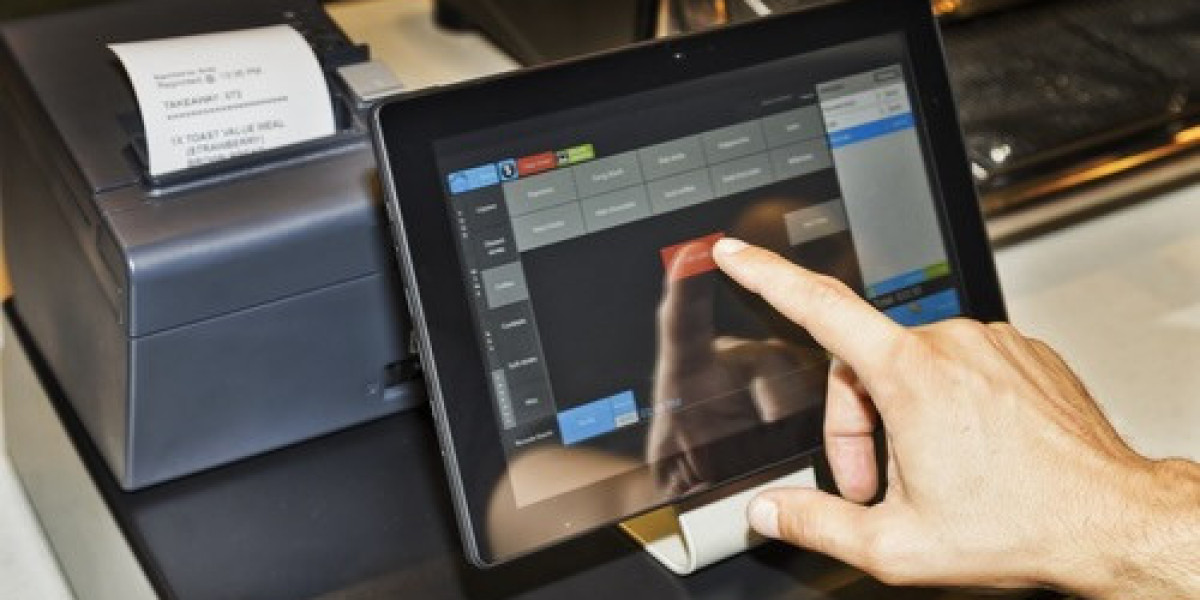Sustainability has become one of the most important conversations in retail. Shoppers today are more conscious of how their purchasing habits affect the environment, and businesses are under growing pressure to reduce waste. From packaging to inventory, retailers are finding ways to minimize their environmental footprint while maintaining efficiency. Surprisingly, one of the tools helping them achieve this goal is the modern POS (Point of Sale) system. Beyond being a simple checkout tool, POS systems now play a vital role in supporting sustainable retail practices.
The Link Between Retail and Waste
Retail waste happens in many forms. It could be unsold stock that ends up being discarded, piles of paper receipts that most customers don't need, or over-ordering caused by poor demand forecasting. All of these not only increase costs for businesses but also contribute to environmental problems. Reducing waste requires retailers to manage resources carefully, which is where digital tools like POS systems step in.
How POS Systems Help Minimize Paper Waste
One of the clearest examples of waste reduction is paper receipts. Traditional cash registers generate hundreds of receipts every day, most of which are thrown away immediately. Modern POS systems allow retailers to offer digital receipts via email or SMS. This small change significantly reduces paper waste, lowers printing costs, and aligns with the preferences of tech-savvy customers who prefer digital records over stacks of paper.
Smarter Inventory Management
Inventory is one of the biggest sources of retail waste. Unsold products not only tie up capital but often end up discarded, especially in industries like fashion or food. Advanced POS systems come with inventory tracking features that give real-time insights into stock levels and sales trends. Retailers can identify which items are in demand and which aren't, preventing overstocking and understocking. Businesses like Mhouse highlight how digital solutions such as POS technology can improve efficiency in managing retail operations, while also supporting greener, waste-reducing practices.
Streamlining Supply Chains
POS data doesn't just help inside the store—it also improves communication with suppliers. By analyzing purchasing trends, retailers can share accurate demand forecasts with their suppliers, reducing unnecessary production and transportation. This streamlining of supply chains cuts down carbon emissions and minimizes the waste caused by overproduction.
Energy-Efficient Operations
Sustainability isn't just about reducing physical waste; it's also about saving energy. Modern cloud-based POS systems require less hardware and energy compared to outdated cash registers. Many systems operate on tablets or small devices, which use significantly less electricity. Over time, this contributes to lowering a retailer's overall energy usage.
Customer Engagement in Sustainability
Consumers today want to shop with brands that share their values. When a business uses POS systems to offer paperless receipts, promote eco-friendly loyalty programs, or highlight sustainable products, it strengthens the connection with environmentally conscious customers. This approach not only reduces waste but also enhances customer loyalty.
Financial Benefits of Sustainable Practices
A common misconception is that sustainability comes at a higher cost. In reality, reducing waste often leads to financial savings. Digital receipts cut printing costs, efficient inventory management reduces loss from unsold products, and optimized supply chains lower transportation expenses. By adopting POS systems, retailers achieve a balance between sustainable practices and profitability.
Preparing for Future Regulations
Governments and regulatory bodies worldwide are setting stricter rules on waste management and sustainability. Retailers that adopt POS-driven sustainable practices today are better prepared for future compliance. Instead of rushing to meet legal requirements later, they build these systems into their everyday operations early on.
The Bigger Picture: Sustainability as a Brand Identity
Sustainability isn't just a responsibility; it's a branding opportunity. Retailers that use POS systems to promote eco-friendly practices can market themselves as leaders in responsible business. Customers are more likely to stay loyal to brands that actively work toward reducing waste and protecting the environment. In this sense, POS systems don't just reduce waste—they become part of a retailer's overall sustainability strategy.
Conclusion
POS systems are transforming the way retailers sustainability approach. By reducing paper waste, managing inventory more efficiently, streamlining supply chains, and saving energy, they play a crucial role in waste reduction. Companies such as Mhouse demonstrate how modern technology can be integrated into retail to create operations that are not only efficient but also environmentally responsible. As retail continues to evolve, sustainability will remain a defining factor, and POS systems are proving to be one of the most effective tools in driving that change.



